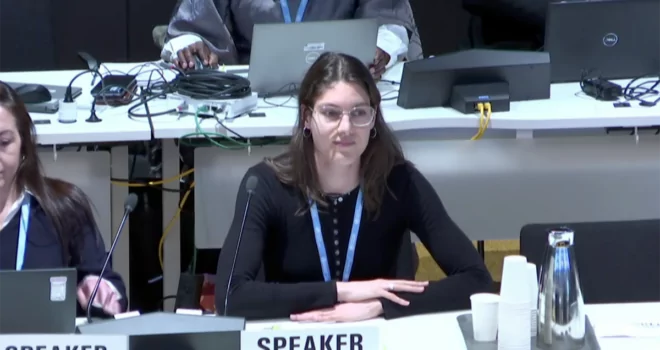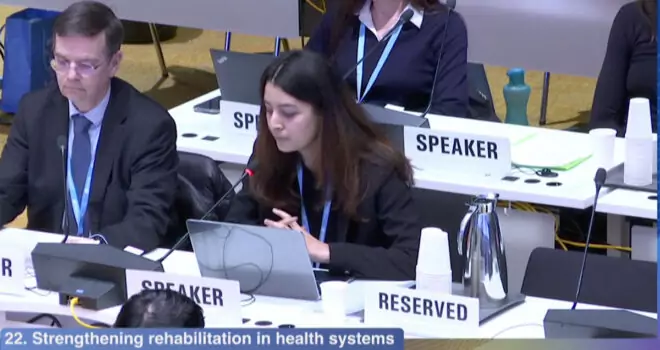Cardiovascular disease (CVD) claims more lives globally than any other disease. However, 80% of premature heart attacks and strokes — responsible for a significant portion of the deaths and disabilities due to CVD — can be prevented. The causes and symptoms of CVD are multifaceted, and access to care remains variable.
Four avenues of heart health
To address healthcare access and implementation, the World Heart Vision 2030 focuses on equity, knowledge, innovation and climate policy as the four avenues for saving lives and averting the costs of inaction.
Ensuring equity must cover healthy nutrition options, clean air and water, safe recreational spaces and inclusion of data from clinical trials in under-served communities. Training, efficient task-shifting and applying research will help fill knowledge gaps. Improving data collection and upskilling in the use of digital tools along with wider access can help maximise innovation. With air pollution a risk factor for CVD, climate-savvy approaches in policies and initiatives entail curbing emissions across transport, energy, industry, agriculture and housing.
Breakthroughs and telehealth
High incidence and mortality should not eclipse the various improvements in cardiovascular care and CVD risk management. Statins and other therapies for treating high cholesterol effectively are more widely available.
A greater proportion of people with hypertension are being diagnosed and treated. Messages about lifestyle modifications resonate and encompass nutrition, exercise and tobacco cessation and target those with a genetic predisposition to heart ailments. In all these cases, improvements are not felt equally everywhere, and greater efforts are needed to tackle CVD in lower-resource settings.
New healthcare delivery mechanisms in telemedicine and other digital health interventions are equipping us to become empowered and stay in the know. Updates, reminders and heart activity readings are transmitted to millions of patients every day — often without a single trip to the doctor.
Read the full article by WHF President Prof Daniel Piñeiro in Mediaplanet.


